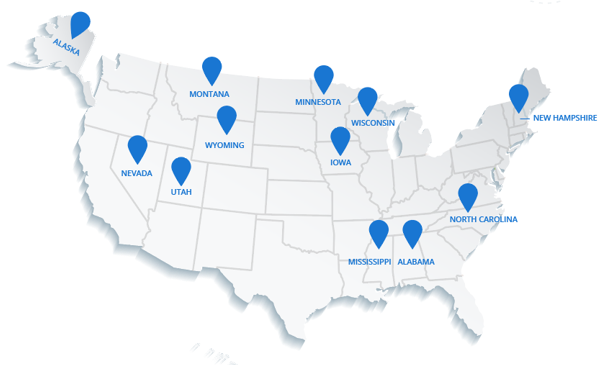DirectShifts Overview: Student Loan Forgiveness For Healthcare Workers 2022
What Is Student Loan Forgiveness?
Going to college comes with huge financial expenses, so many families worry about how to pay for college, and the most common solution is a loan! In most situations, the loan must be repaid, but this can be avoided through opportunities such as student loan forgiveness.
Approximately 70% of medical school graduates had to leave school with debt, according to the Association of American Medical Colleges.
Student debt forgiveness is the concept that the government (or private lenders) could simply "forgive" existing student loans. This would essentially reduce the balance to zero or wipe out the loan entirely.
As the United States recovers from the devastating effects of the COVID-19 pandemic, a measure has been introduced that provides health care workers with student loan forgiveness. If like most medical school graduates, you went into debt to attend school, you could probably benefit from student loan forgiveness. A health care worker's salary, especially early in one's career, is not easy to keep up with payments.
The various healthcare professionals who fall in this category are:
- Nurse Practitioners (NP)
- Certified Nurse-Midwives
- Physicians (MD/DO)
- Health Service Psychologists
- Psychiatric Nurse Specialists
- Marriage & Family Therapists
- Licenced Clinical Social Workers
- Physician Assistants
- Licensed Professional Counselor
How can healthcare workers benefit from loan forgiveness?
- This law covers frontline health care workers who assisted in the medical response (for example, patient care, medical research, or testing)
- Healthcare workers who have made "significant" contributions during the Covid-19 pandemic will have their education loans forgiven; and
- Both private and federal student loans would be affected.
How to Apply:
- You must complete the ECF form on the official student aid website if you have FFEL loans (borrowed before 2010).
- It's necessary to combine Direct Loans with different terms since the new consolidation loan will be given credit for the longest-term Direct Loan.
- Ensure you've completed the ECF form on the student assistance page above for Direct Loans with the same number of credit months.
Who is eligible to apply for loan forgiveness?
- Healthcare workers who work for the government or nonprofit organizations will be eligible for Public Service Loan Forgiveness, just like other public service employees. They can also sign up for an income-based repayment plan to pay off their federal loans.
- A healthcare professional's monthly payments are reduced to a percentage of their salary, with any remaining balance cleared after 20 or 25 years
- To qualify for student loan forgiveness based on service, healthcare graduates must often agree to work in an underprivileged area, for a particular government agency, or in a high-demand specialty.
- Several states have loan forgiveness or repayment programs for healthcare practitioners who serve in areas with a shortage of healthcare professionals (HPSA).
Final Thoughts
The vast number of programs that offer student loan forgiveness to healthcare professionals means you have a good chance of reducing your debt or maybe even erasing it entirely. Be sure to read the fine print for each initiative and make sure you stay up to date with the government's latest plans for student loan forgiveness. Some of these programs forgive loans, others offer borrowers money through a Loan Repayment Plan (LRP). We will discuss them in our upcoming article- What Healthcare borrowers should know about loan repayment in 2022
July 31, 2022




Comments